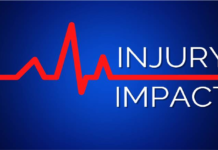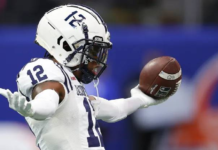White House Communications Director Hope Hicks testified Tuesday in a closed-door session before the House Intelligence Committee as Democrats complained that she refused to answer key questions in the Russia investigation.
However, the committee did not take action to subpoena Hicks on the spot to compel her testimony, as the panel did to former White House chief strategist Steve Bannon last month.
Hicks initially refused to answer questions about anything that happened during the presidential transition period between the November 2016 election and Donald Trump’s inauguration in January 2017. However, she relented after about six hours and began answering questions about the transition, Rep. Tom Rooney, R-Fla., told reporters.
Rooney said the committee persuaded her to talk after reminding her and her attorney that she had already discussed the transition during previous testimony before the Senate Intelligence Committee.
Hicks did not speak to reporters at the Capitol on Tuesday.
Hicks, following directions from the White House, would still not answer questions about her conversations with Trump after he became president, Rep. Mike Quigley, D-Ill., told reporters. He said he thought the committee should subpoena Hicks to try to compel her to answer, but the Republican majority did not move to do that.
Hicks is at the center of a controversy over a misleading statement from Donald Trump Jr. that attempted to explain why he, while working for his father’s campaign, met with a Russian attorney with ties to the Kremlin in June 2016 at Trump Tower in New York City.
That statement, provided to the New York Times in July 2017, was reportedly crafted with the help of President Trump on board Air Force One while Hicks was present.
The statement described the Trump Tower meeting as primarily about Russian adoptions and not about campaign issues. Trump Jr. later acknowledged that he went to the meeting because he was offered “dirt” on Democratic presidential candidate Hillary Clinton.
The House and Senate intelligence committees are each conducting their own probes into Russian interference in the 2016 presidential election.
In addition to talking to both committees, Hicks has testified before Special Counsel Robert Mueller, who is conducting a criminal investigation of Russia’s interference, possible collusion between the Trump campaign and the Russians, and possible obstruction of justice by President Trump.


















